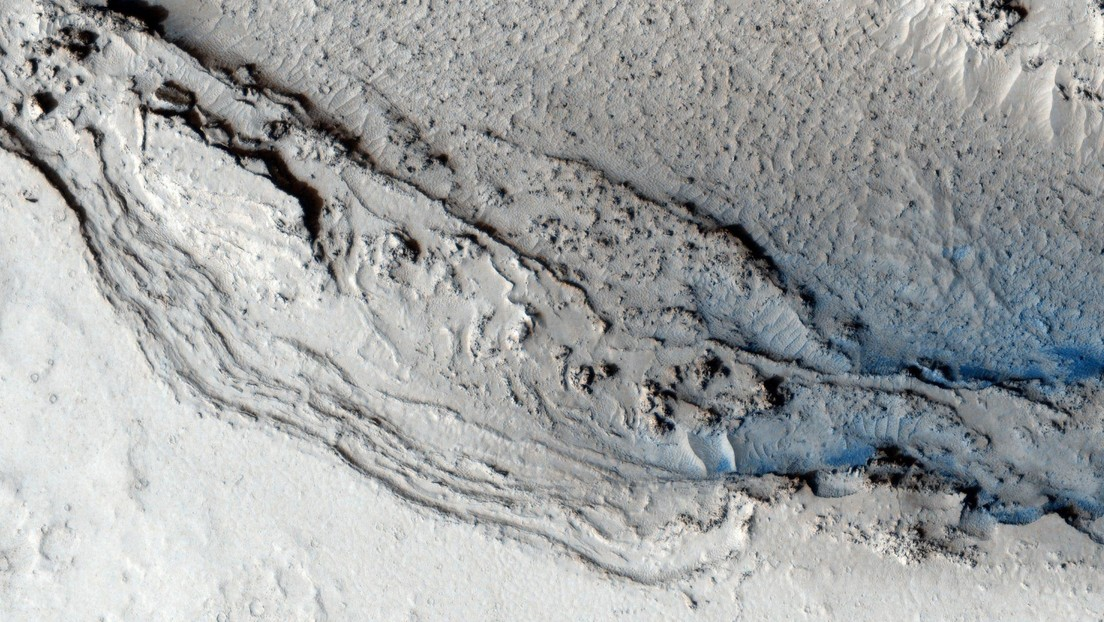
American scientists have discovered in the Martian subsoil an active mantle plume capable of causing earthquakes, faults and volcanic eruptions, challenging the perception of Mars as a dead planet, where it was believed that there was no significant process in the last 3 billion years.
The research group reviewed current views on Martian geodynamic evolution in their study published in the journal Nature Astronomy. The new work suggests that the deceptively calm surface of the Elysium Planitia plain, near the red planet's equator, may hide a more tumultuous interior than previously thought.
Our study presents multiple lines of evidence that reveal the presence of a giant active mantle plume on present-day Mars, said Adrien Broquet of the University of Arizona, noting that the phenomenon affected an area of Mars roughly equivalent to that of the United States. continental.
Unlike other volcanic regions on the red planet, which have not experienced great activity for billions of years, Elysium Planitia had major eruptions in the last 200 million years, the authors explain.
We have strong evidence that mantle plumes are active on Earth and Venus, but this is not expected on a small and supposedly cold world like Mars, said researcher Jeffrey Andrews-Hanna.
Previous work by our group found evidence at Elysium Planitia for the youngest known volcanic eruption on Mars," Andrews-Hanna continued. It created a small explosion of volcanic ash around 53,000 years ago, which in geologic time is essentially yesterday, he added.
The research is based on data obtained by the NASA InSight mission lander that explored the plain in 2018.
The InSight team recently discovered that nearly all marsquakes originate from the Cerberus Fossae region, a set of young fissures that extend more than 1,200 kilometers across the Martian surface. Although this young volcanic and tectonic activity had been documented, the underlying cause remained unknown.
The finding of an active mantle plume will influence interpretations of the seismic data recorded by InSight, as the fact that this region is unusual for Mars must now be taken into account, the researchers recall.
Having an active mantle plume on Mars is a paradigm shift for our understanding of the planet's geological evolution, Broquet said. (Text and photo: RT in Spanish)